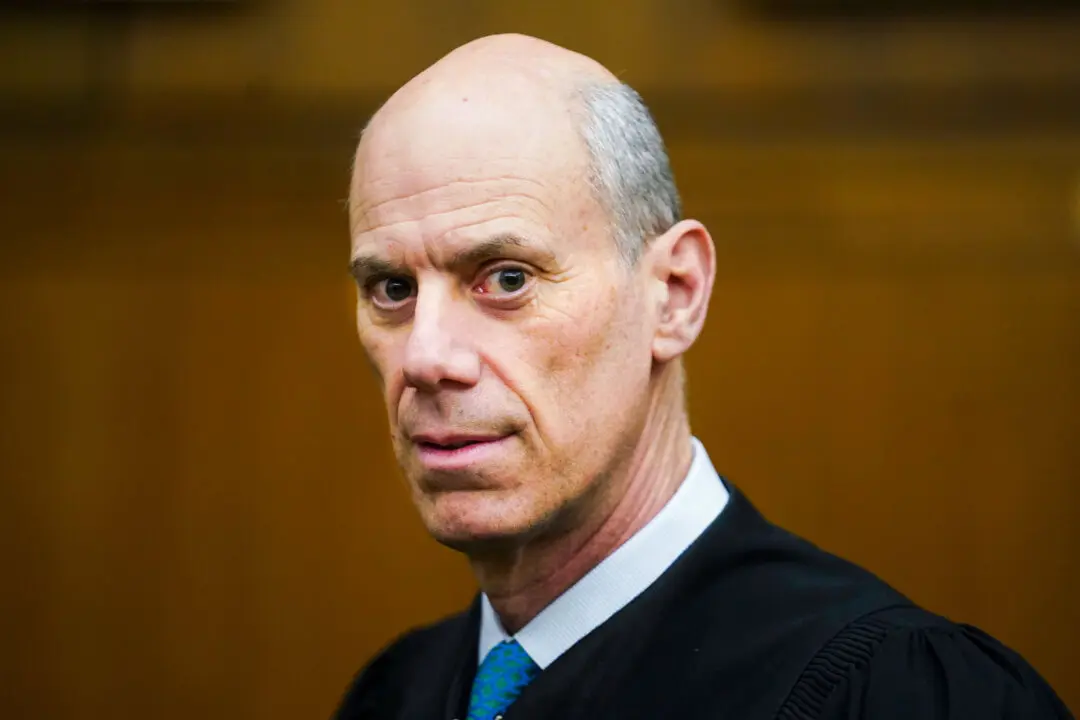An appeals court has temporarily halted U.S. District Judge James Boasberg’s order finding probable cause the Trump administration was in contempt for not complying with his order prohibiting deportations under the president’s proclamation in March.
“The purpose of this administrative stay is to give the court sufficient opportunity to consider the emergency motion for a stay pending appeal or a writ of mandamus and should not be construed in any way as a ruling on the merits of that motion,” an order from the U.S. Court of Appeals for the D.C. Circuit said on April 18.





